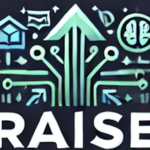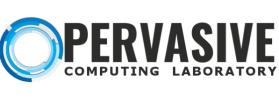The main research area of the Gradient laboratory is educational technology. Its mission is to provide efficient tools and methods to improve education in as many aspects and as many forms as possible. Information about its members, publications, applications, relevant conferences, journals, etc. can be found in the Gradient Web site. Current research lines in Gradient include:
- Technology enhanced learning
- Intelligent tutors
- MOOCs and SPOCs
- Virtual and augmented reality
- Mixed reality
- Smart Learning Environments
- Multi-sensory learning systems
- Multi-User 3D Virtual Environments for Learning
- Learning analytics
- Adaptation of learning environments
- Hybrid education
- Simulation-based Learning
- Computer Supported Collaborative Learning
- Ambient intelligence for learning
- Mobile learning
 The aim of the researchers of the emerging group RAISE is to contribute to the development of Artificial Intelligence solutions for the improvement of teaching and learning processes.
The aim of the researchers of the emerging group RAISE is to contribute to the development of Artificial Intelligence solutions for the improvement of teaching and learning processes.
Emerging group coordinator: Prof. Dr. Carlos Alario Hoyos

The goal of the Pervasive Computing Laboratory (Perlab) researchers is to contribute to the development of Ubiquitous Computing, helping in the adoption and integration of the increasing variety of small and portable devices that are becoming part of our daily life. We align to Mark Weiser’s vision of the future of computing: solutions to user problems that are invisible to his view.
The activities of the Data Analysis and Computational Social Choice Laboratory (DAComSoC) are focused on researching on various areas related to data analysis and in computational social choice. Specifically, the Data Analysis and Computational Social Choice Laboratory has experience in the next areas:
- Social network analysis
- Multiwinner voting
- Data analysis for learning technology
- Information extraction
Laboratory coordinator: Prof. Dr. Luis Sánchez Fernández

